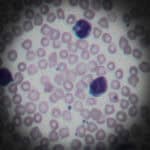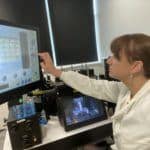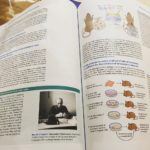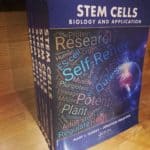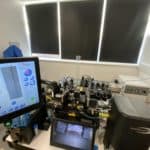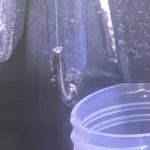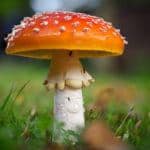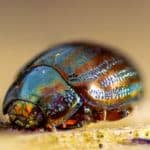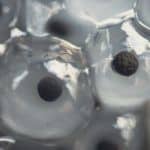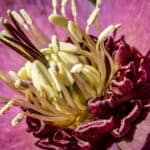Profile
Mary Clarke (Frampton)
-
About Me:
I live in the countryside of Worcestershire with my husband, 2 children, cat and guinea pigs. I am a Stem Cell Researcher at work and in my spare time have a keen interest in all types of photography. I take my camera with me wherever I go, sometimes including to the lab!
-
Read more
I absolutely love photography – wherever I go I find myself looking at objects or the landscape from various different angles, always with a photo in mind. I take my camera with me everywhere, as you never know what you may see whilst out and about. I particularly love walking in the countryside with my family, exploring, jumping in puddles with my 5 and 8 year old and looking for insects, the more unusual-the better.
I became a stem cell researcher accidentally, despite having an interest in medicine I actually studied animal biology, specialising in animal behaviour, insects, and their interaction with their habitats. This led me to applying for a job with the British Antarctic Survey to study sealion behaviour!! Once the realisation of just how cold the Antarctic is, I decided to stay in the UK and applied for a job as a technician at the Medical School, University of Birmingham, just to get me into the working world. I loved it there so much and loved working in the laboratory environment that I studied for my doctorate PhD and developed an interest in stem cell biology, so much so that I embarked on the writing of a comprehensive stem cell text book for students.
-
My Typical Day:
My typical day begins normally around 6:30/7:00 with breakfast and getting ready for the school run / work. Sometimes I drive to work, other days I go by train. I get to the lab around 8:30, and head to the lab to check running experiments and plan the day. Lunch is normally squeezed in between experiments in the lab, often at the computer! A normal day finishes around 4:30/5:00pm, but sometimes this can be earlier or sometimes later.
-
Read more
My typical day begins often early, with the pre-alarm wake-up call from my youngest child! We normally all get up, have breakfast and then hurriedly get ready for work and school breakfast club. We leave the house at 7:45, in order to get the lab before 8:30/9:00.
The first thing I do at work (after taking my coat off and putting the kettle on) is to head to the tissue culture lab (where we grow our cells), to check that the cells are all alive and happy! We treat our cells like precious babies (although we don’t sing to them!). I then sit down and plan the day, the experiments that will be done, what the research students need to do etc.
A normal day in the lab finishes around 4:30/5:00, however when long experiments are running, these days can go on much later into the evening.
-
What I'd do with the prize money:
I would purchase some basic biology equipment / kits to use to demonstrate aspects of my job to students of all ages.
-
My Interview







